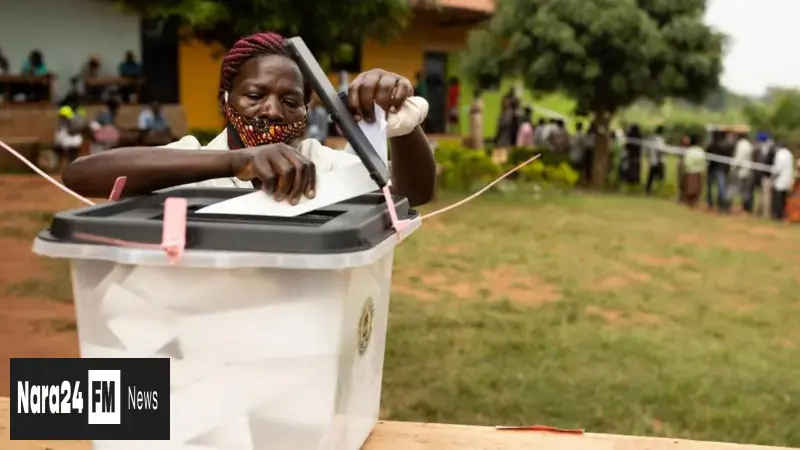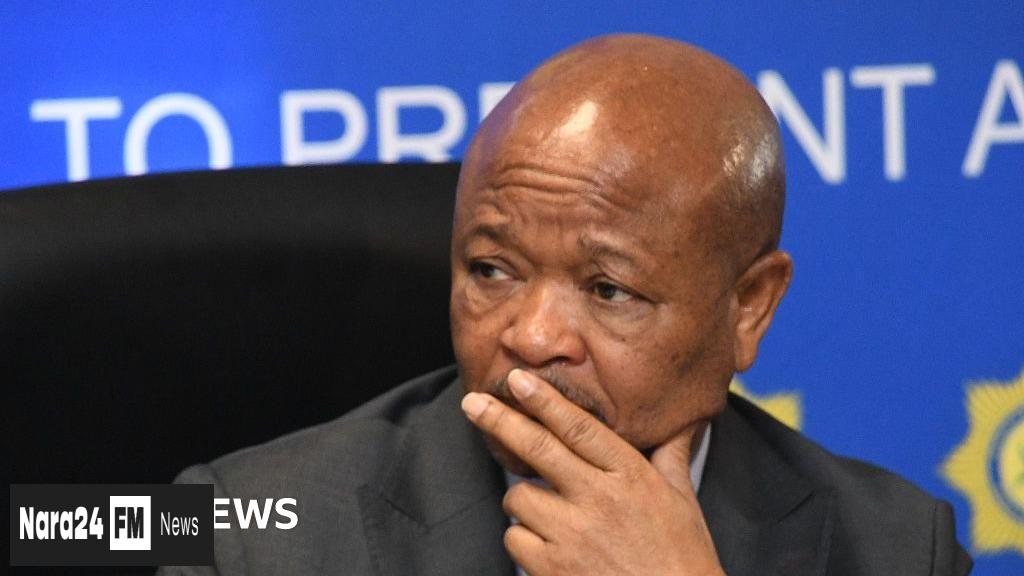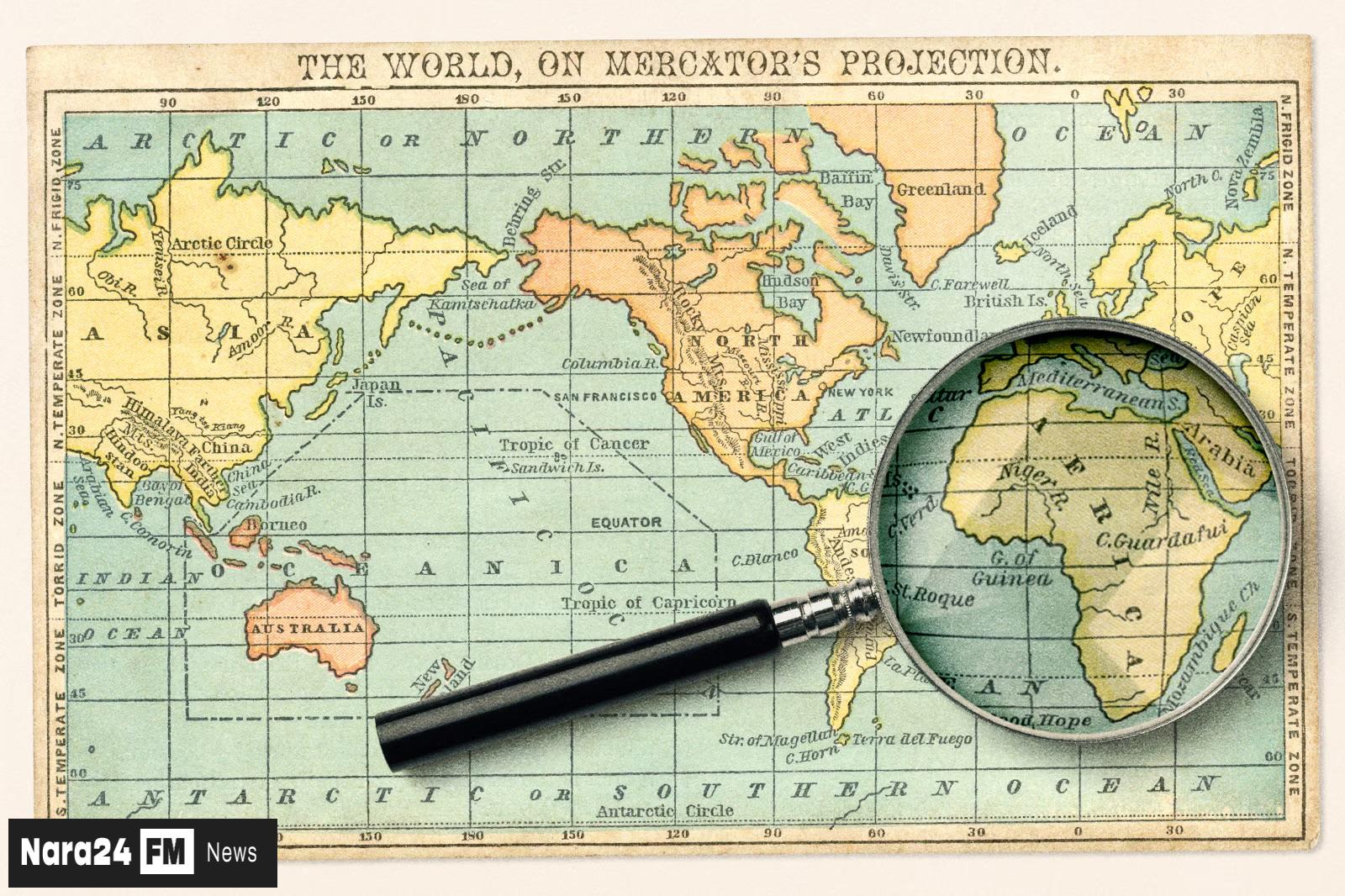South African President Cyril Ramaphosa has suspended Police Minister Senzo Mchunu amidst allegations of involvement in organized crime. The decision was announced during a live televised address to the nation on Sunday, where Ramaphosa emphasized the need for an urgent and comprehensive investigation into the claims, which he said posed a threat to national security and the constitution.
Ramaphosa revealed that a judicial commission, headed by the country's deputy chief justice, would probe the allegations. The commission will also scrutinize current and former police officials, as well as members of the national executive. Law professor Firoz Cachalia has been appointed as the interim police minister while the investigation unfolds.
Mchunu, 67, a prominent figure within the ruling African National Congress (ANC), has denied all accusations. In a statement, he expressed respect for the president's decision and pledged his full cooperation. "I welcome and respect the president's decision and pledge my commitment to the process. Honour and integrity are the virtues I personally subscribe to and which we all need to make efforts to uphold," he said.
The allegations first surfaced last Sunday when KwaZulu-Natal provincial police chief Nhlanhla Mkhwanazi accused Mchunu of receiving financial support from a corrupt businessman to fund his political ambitions. Mkhwanazi further claimed that Mchunu orchestrated the disbandment of a task force established in 2018 to investigate political killings, primarily in KwaZulu-Natal. The team had reportedly uncovered connections between high-profile individuals, including politicians, police officials, and businesspeople tied to a drug cartel.
According to Mkhwanazi, 121 case files were allegedly removed from the task force on Mchunu's orders without the authorization of the national police commissioner. These files have reportedly remained untouched since March, despite five of them containing instructions for arrests. Mkhwanazi also presented evidence, including text messages and a payment, linking Mchunu to a controversial businessman, Vusimuzi Matlala, who allegedly supported the minister's political career.
Mchunu has previously defended the disbandment of the task force, stating it was no longer effective in the province, even as numerous cases remained unresolved. The suspension comes amid growing public pressure on Ramaphosa to address the high-profile case swiftly. Political analysts have speculated that Mchunu could be a contender for a leadership position at the ANC's next elective conference in 2027.
As the judicial commission begins its work, South Africans await further developments in a case that has cast a spotlight on the intersection of politics, law enforcement, and organized crime in the country.









Comments (0)
Leave a Comment
Be the first to comment on this article!